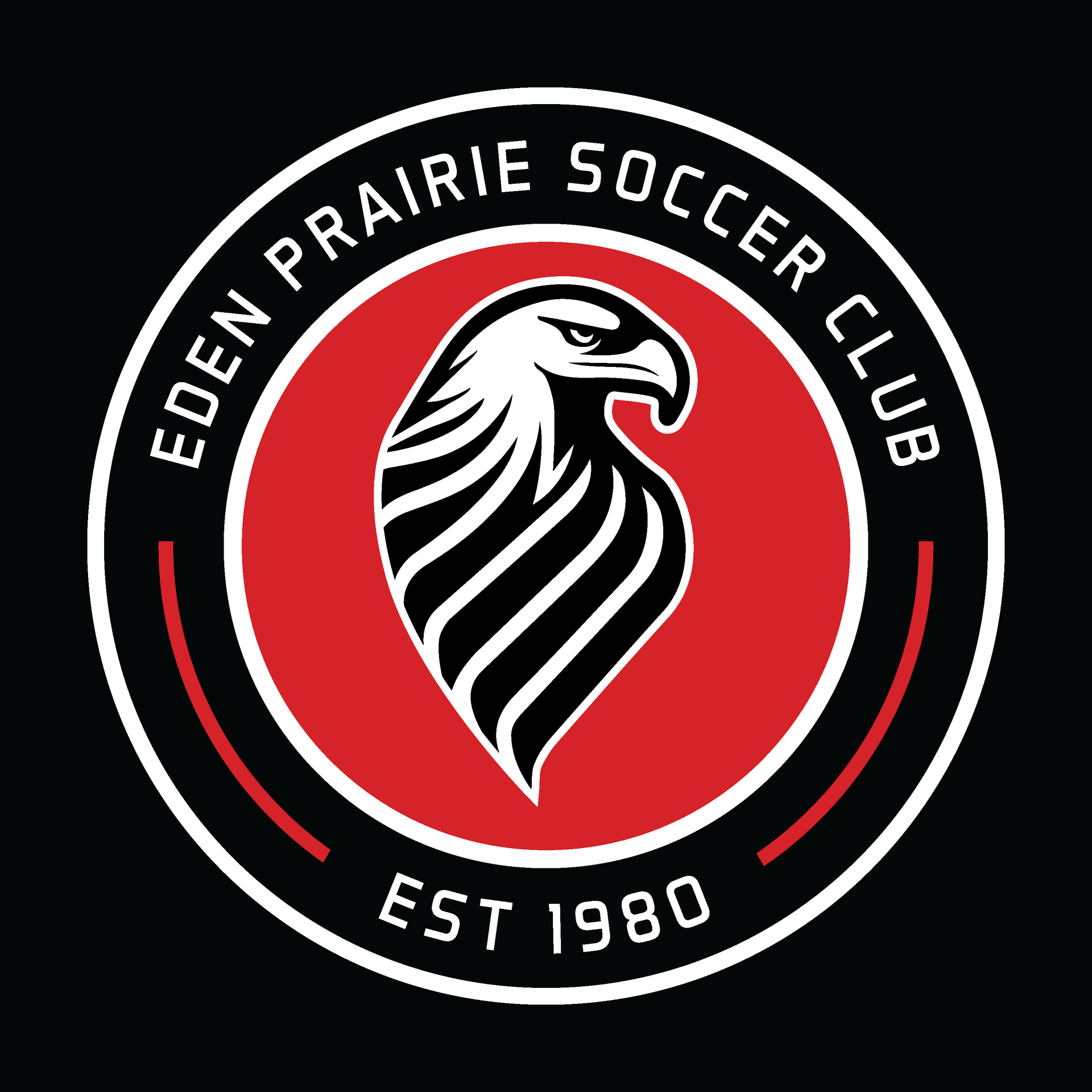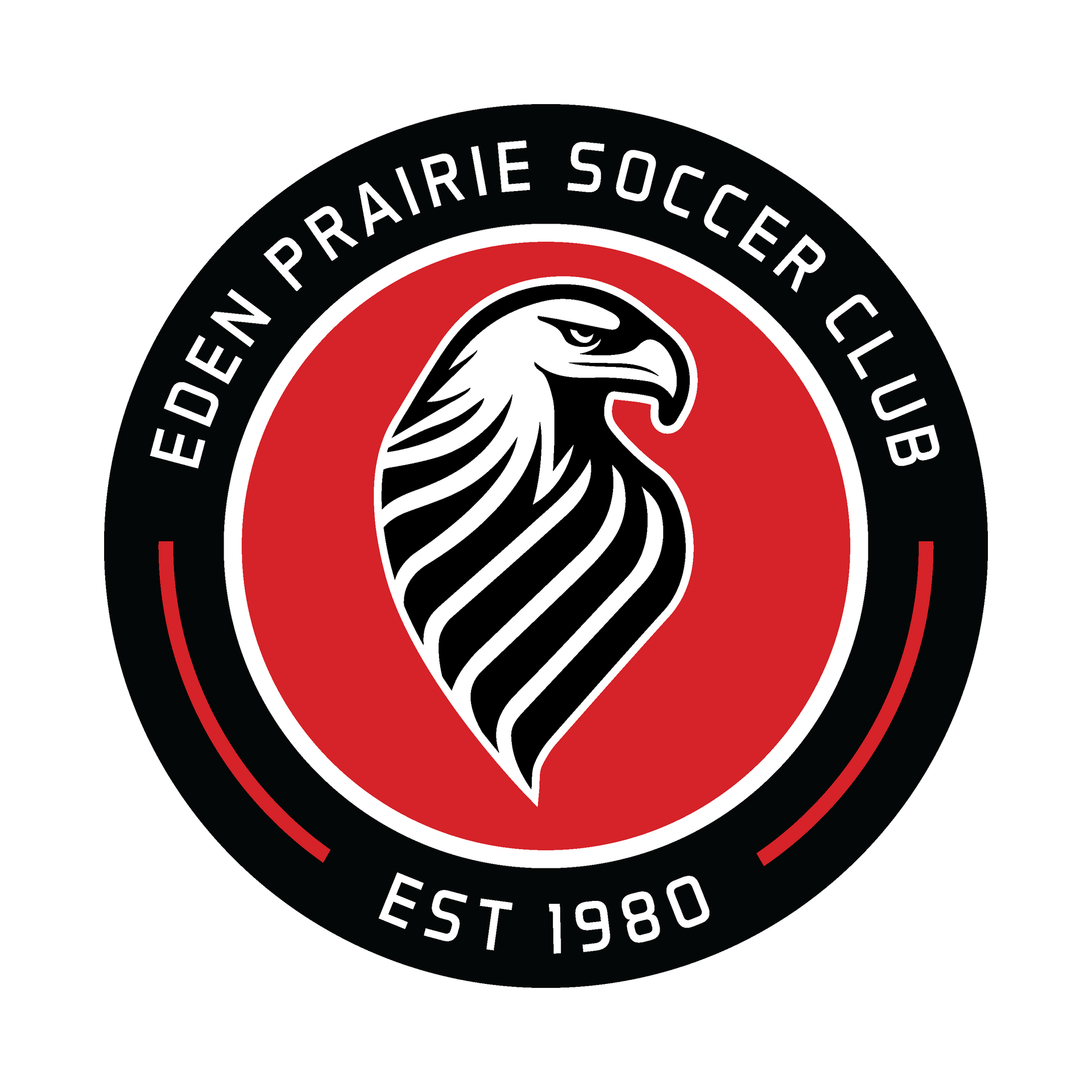Junior year
taking your recruitment to the next level
Junior year is when the college recruitment process really starts to pick up. This is the time to build on the foundation you’ve set, continue being evaluated, and take a more active role in shaping your college soccer journey. You’ll have more conversations with coaches, visit campuses, and begin narrowing your college list to focus on programs that best match your skills, goals, and personal priorities. Staying organized, professional, and proactive now will make Senior Year much smoother.
Continue Evaluations
As a Junior, it’s important to keep connecting with colleges and letting coaches see you play, whether at showcases, camps, or other events. After coaches watch you, reach back out to thank them and request honest feedback. Understanding how coaches view your game is key to evaluating the roles you might play at their program.
Rejection is a natural part of this process. Some programs may decide you’re not the right fit, and that’s okay! Every piece of feedback helps you make informed decisions about your options.
Speak with College Coaches
When coaches show interest, they may want to speak with you in person or over the phone. These conversations are just as much for you as for them - you’re evaluating the school, the program, and the coaching staff to see if it’s a good fit.
Helpful questions to ask include:
- What are your team’s needs for my graduating class?
- How many seniors are graduating and how many are returning for an extra year
- How have freshmen historically contributed to the program?
- How many players are on the roster and typically travel?
- Are there academic resources for athletes?
- How do players manage missing classes for games, and what are practice times?
- What are the next steps in the recruiting process, and when do you expect a decision?
Before conversations, do your homework. Review the team’s recent record, watch game film, and understand the style of play - Being informed shows coaches that you’re serious and prepared.
Speaking with college coaches can also lead to or take place in person during campus visits. Visiting campuses is a great way to get a feel for the environment and determine whether you can see yourself at that school for four years. Understand the difference between official and unofficial visits, and plan accordingly. Campus visits are another opportunity to evaluate the program, the coaching staff, and how well you’d fit in with the team and the school community.
For more information and guidance on official NCAA college visits, click here.
Weigh Options
By now, you should be narrowing your list and starting to understand the level of programs that are genuinely interested in you. Think carefully about the kind of experience you want:
- Impact Player: Looking to contribute immediately and start as a freshman.
- Core Player: Expecting to contribute regularly, with opportunities to play and grow.
- Role Player: Comfortable with limited opportunities initially while learning and developing.
Match your expectations to the reality of the programs you’re considering. Questions to guide your evaluation might include:
- What division is the program (I, II, or III)?
- What success has the team had in recent seasons?
- How many seniors are graduating, and what is the competition for your position?
- What feedback have coaches given you about your potential role on the team?
Prepare for Offers
Junior year is also when official offers may begin to come in, depending on the level of the program:
- Division I (Power Five): Offers may start early Junior year and continue through early Senior year.
- Division I (Mid-Major): Offers typically start during Junior year and continue through Senior year.
- High-Level DII/DIII & Lower DI: Offers usually start late Junior year, continuing into Senior year.
- Mid-Lower Tier DII/DIII: Offers primarily arrive during Senior year.
Stay organized and gather as much information as possible about each program. Coaches may provide deadlines, so having your research ready ensures you can make informed decisions without feeling rushed. Take the time you need to choose the school and program that are the right fit for you, both on and off the field.

